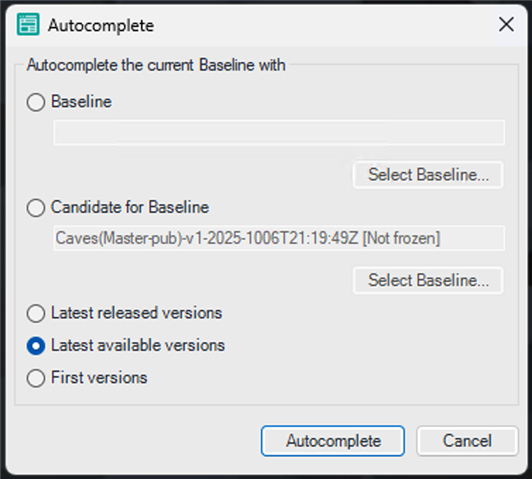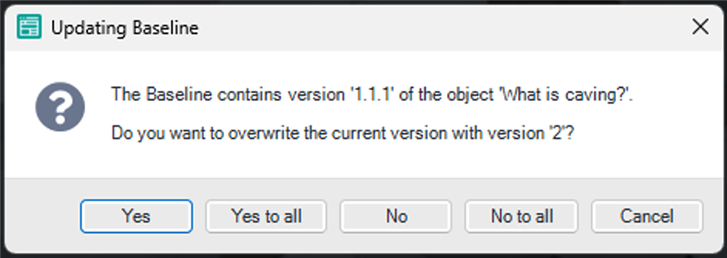Hello community,
Our Product team is currently working on bringing the Autocomplete feature to the Publication Editor on the web.
As part of this process, we’d love to learn how your team currently uses Autocomplete feature in Publication Manager.


Please vote below for the option that best matches your team’s typical practice:
Please share more context in the comments — when and why does your team use these options or maybe why don't you :) ?
Your input will really help us shape the web experience.
-
[edited by: Kseniia Kurganskaia at 2:59 PM (GMT 1) on 8 Oct 2025]


 Translate
Translate

